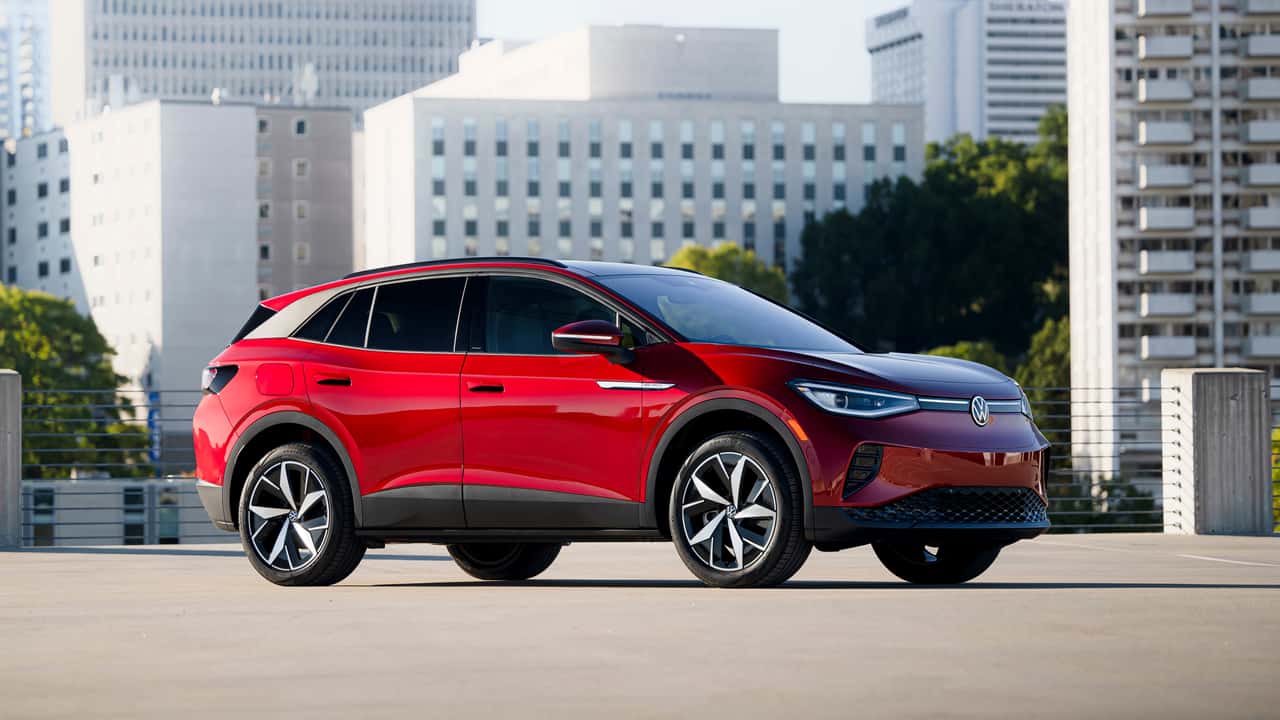The Volkswagen Group is set to cut 2,000 jobs at its Cariad software division as part of a strategic restructuring plan, which will have implications for the development of future electric vehicle (EV) platforms. According to German publication ‘manager magazine’, the downsizing will take place between 2024 and the end of 2025. The decision has been approved by the group’s board of directors, but still requires the works council’s approval. The works council has ensured job security for workers until mid-2025.
Cariad, established in 2019 under the VW Group, is responsible for building a unified software platform and architecture for all future EVs within the group. However, due to the restructuring, the debut of software architecture 1.2, initially planned for the Porsche Macan EV and Audi Q6 E-Tron, will be delayed by 16 to 18 months. Furthermore, the level 2.0 architecture, originally scheduled for release in 2025, will now be completely redeveloped.
This could potentially impact the release dates of the Porsche Macan EV, which was set for early 2024. It remains unclear how the recent announcement will affect the rollout of the vehicle. The VW Group and Cariad have yet to respond to requests for comment.
The restructuring will also affect the redevelopment of the next-generation Scalable Systems Platform (SSP). This platform is intended for use across a wide range of EVs, from compact VW-badged hatchbacks to high-performance Porsches.
Volkswagen has faced widespread criticism for its software issues, with users reporting freezing systems and unresponsive touchscreens on models such as the ID.3, ID.4, and ID.5. Following budget overruns and missed targets, VW Group CEO Oliver Blume made significant changes to top-level management at Cariad earlier this year. The new CEO, Peter Bosch, has been working on a comprehensive transformation plan since the summer.
Software-integrated architectures are crucial for modern EVs, as they encompass various aspects such as infotainment systems, electric motors, batteries, electrical systems, safety features, and driver assistance systems. While many German, American, and Chinese automakers are making progress in this area, Volkswagen has encountered challenges since the launch of its ID vehicles.
Overall, the job cuts at the Cariad software division and the subsequent delays in EV platform development are part of Volkswagen’s effort to navigate the challenges associated with software integration in its electric vehicles.
Cariad, the software division of Volkswagen Group, recently announced its intention to cut around 2,000 jobs within the company. This strategic move is expected to have significant implications, causing delays in the development of future electric vehicle (EV) platforms.
Cariad was established by Volkswagen Group in 2019 with the goal of fully embracing the digital transformation in the automotive sector. Its primary focus is to develop an in-house, standardized software platform called “vw.OS” that will be utilized across all Volkswagen Group brands. By doing so, the company aims to improve the seamless integration of technology within their vehicles and enhance the overall customer experience.
However, due to changing market conditions and evolving technological requirements, Cariad has found it necessary to streamline its operations and reduce its workforce. The decision to cut 2,000 jobs is undoubtedly a difficult one for the company, as it may impact the advancement of key projects, including the development of future EV platforms.
The implementation of electric vehicles has become a top priority for Volkswagen Group, as it seeks to transition to carbon-neutral mobility, in line with global environmental goals. However, with the reduction in staff at Cariad, there is a legitimate concern that the progress of EV platform development may be hindered, resulting in delays for Volkswagen’s electrification plans.
It is worth noting that the automotive industry is witnessing an unprecedented shift towards electrification. Major players are intensifying their efforts in developing EVs, creating fierce competition in the market. Any delays in the release of new EV platforms could potentially impede Volkswagen’s ability to keep up with industry rivals and meet increasing consumer demands.
Volkswagen Group has acknowledged the challenges posed by the job cuts at Cariad, but remains committed to its electrification goals. The company has been investing heavily in its EV initiatives, including its ambitious plan to release around 70 fully electric models across its brands by 2030. To mitigate the potential setbacks caused by the job cuts, Volkswagen Group has stated that it will reassign affected employees to other important projects within the organization.
Despite the setback, Volkswagen Group continues to emphasize its dedication to sustainable mobility and the development of innovative electric vehicles. The company recognizes the significance of EVs in shaping the future of transportation and has continually demonstrated its determination to be at the forefront of this shift.
In conclusion, the decision by Cariad, the software division of Volkswagen Group, to cut around 2,000 jobs is expected to cause delays in the development of future EV platforms. While this strategic move may pose challenges for Volkswagen’s electrification plans, the company remains committed to its goal of becoming a leader in sustainable and electric mobility. With the proper reallocation of affected employees and continued investment in EV initiatives, Volkswagen Group aims to mitigate the potential setbacks and maintain its position in the rapidly evolving automotive landscape.

